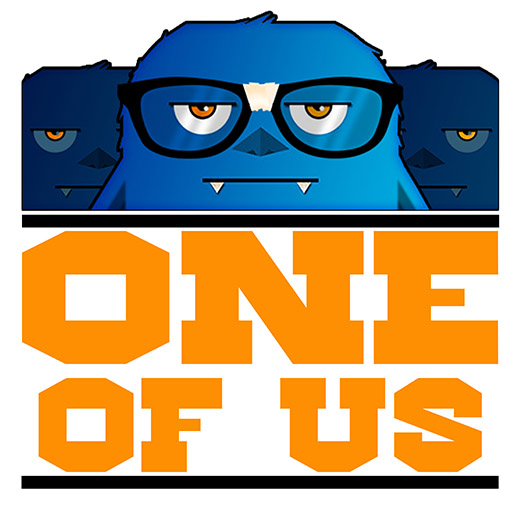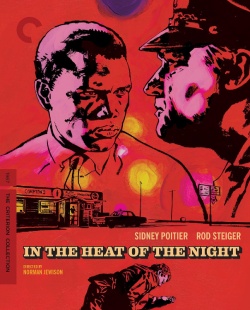This week, our primary focus was two fold; using our bodies in different ways, learning to train our body to escape from the norm and sense memory.
Now that we were established as a group and the dynamic was formed, today was an exercise in our physical bodies. In pairs, we took turns to follow our partners hand in absolute focus. Our head must stay the same distance at all times no matter where the hand goes. This is a test in absolute focus, communication and trust. Interestingly, there is no easier side to the exercise. My expectation was that the leading portion would be easier, but instead I found it to be more challenging as I was burdened with the responsibility of leading my partner, to keep it interesting and focused. We began to build upon this exercise, adding more followers to the group – from two, three and even four. It was exceptionally challenging. Much of the time we throw around concepts such as “feeling” the room and in this case it was entirely true. We became one with each other.
Next, was a series of balance exercises. Initially, the question was how can you balance on the floor with as little body touching the floor as possible. Sound simple enough? Well, it became how can you balance on your partner without touching the floor as much as possible. It very quickly becomes an extremely intimate exercise. Already we’re aware of how we move our bodies and how we are programmed to move in certain ways. This idea was to continue.
“Sit down, empty your bag and then repack it”. A seemingly benign task to be given (especially in Drama School) but what happens if you do the same task again but this time, our eyes are closed, or our hands are open and rigid, how does our perception of the benign task change? How does our relationship with our items change? The answer is quite profound. I found myself more aware of how things feel, their shape, my relationship with the items. My thoughts also turned to people with disability and how their senses adapt and cope with tasks we take for granted. We built on this exercise, this time by stacking chairs with different instructions. My instruction was to move the chairs across the room to stack them, on my knees. It was incredibly difficult and painful but what was interesting was how people approached the task and their instruction.
Finally, we talked about sense memory and how important it is not only for our own memories, but how it can help create and shape a character. We were collectively told a story. A simple story of one returning home and opening a gift we shouldn’t. Whilst we choose the location and the gift, the surrounding narrative is given to us. Our goal was for it to be as vivid as possible. Sights, smells, everything familiar. Then, in partners (or threes) once more, we would tell each other those stories in our own way and try and (like last week, by listening) take in as much as possible. It was incredibly interesting; each story was very different and personal. Then, having heard our partners story, we were tasked with adopting that story as our own and telling the group the story. Tapping into sensory memory, even sensory memory that is a falsehood (for us at least) made each story convincing and natural. Sense memory can help create a character and help make what that character is thinking, feeling, demonstrating “real”.
And what else, as an actor are we trying to demonstrate other than things that are “real”. At least for that character.




